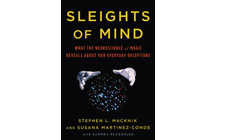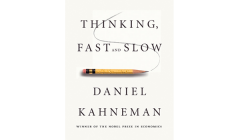The Better Angels of Our Nature, by Steven Pinker. Published October 2011 by Viking Penguin. Here is what I wrote about this book in BBC Focus Magazine:
The world has never been more violent place than it is today, right? Wrong! In this excellent and very readable book the psychologist Steven Pinker assembles massive amounts of evidence to show that for the average citizen the world is less violent now than it has ever been. More people died violently in the twentieth century than ever before, but that’s because the world’s population was so much greater. By any other standard – the risk we each face of being murdered, raped, tortured – we are safer now than ever. In fact, for the first time in the history of the world, an average person is more likely to die at their own hand than at someone else’s, unless that person is driving a car. It’s a remarkable achievement of modern society, even if it doesn’t fit the fashionable nostalgia for a kinder, gentler past. But Pinker’s book is not triumphalist, and far from naïve about the inner demons of our nature. You’ll learn things here about violence in history you might prefer not to know. Pinker wants to understand why violence has declined so that we can do our collective best to stop us ever going back. Understanding why Western Europe seems unlikely to repeat the carnage of the Thirty Years War may also help bring peace to those parts of the world – Iraq, the Congo, Detroit – where violence is still unacceptably high. It may even help to curb domestic violence and, if you believe Pinker, our cruelty to animals. It’s an ambitious agenda, but so is Pinker’s range (across criminology, psychology, history, economics and neuroscience). He emphasizes that the explanation lies not just in institutions like the law but also in subtle values and habits of thought. You may not agree with all of his account – I don’t – but the questions are vital, the prose clear, the challenge exhilarating. The arguments are ones every awake citizen should reflect upon. Buy here.



